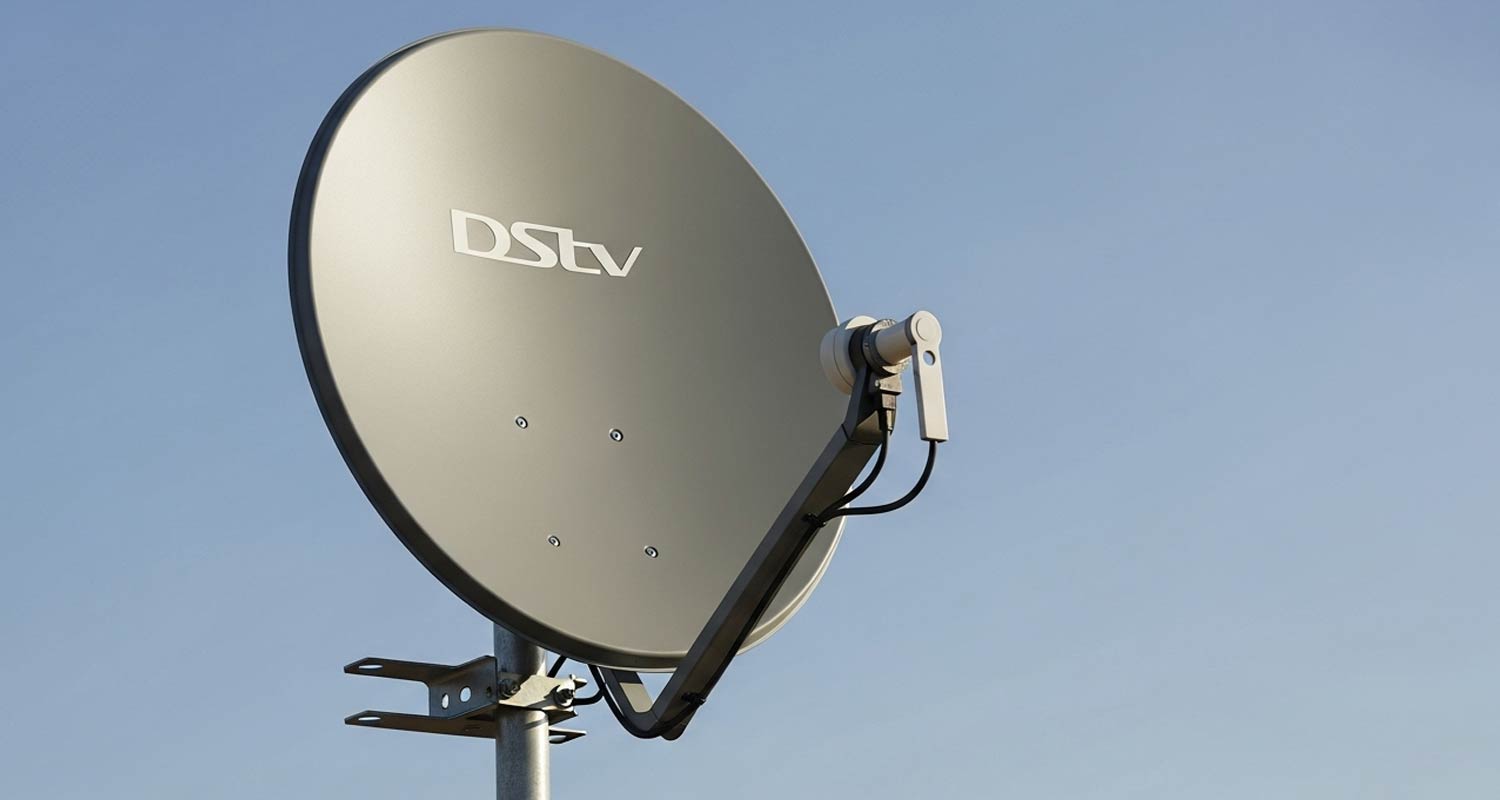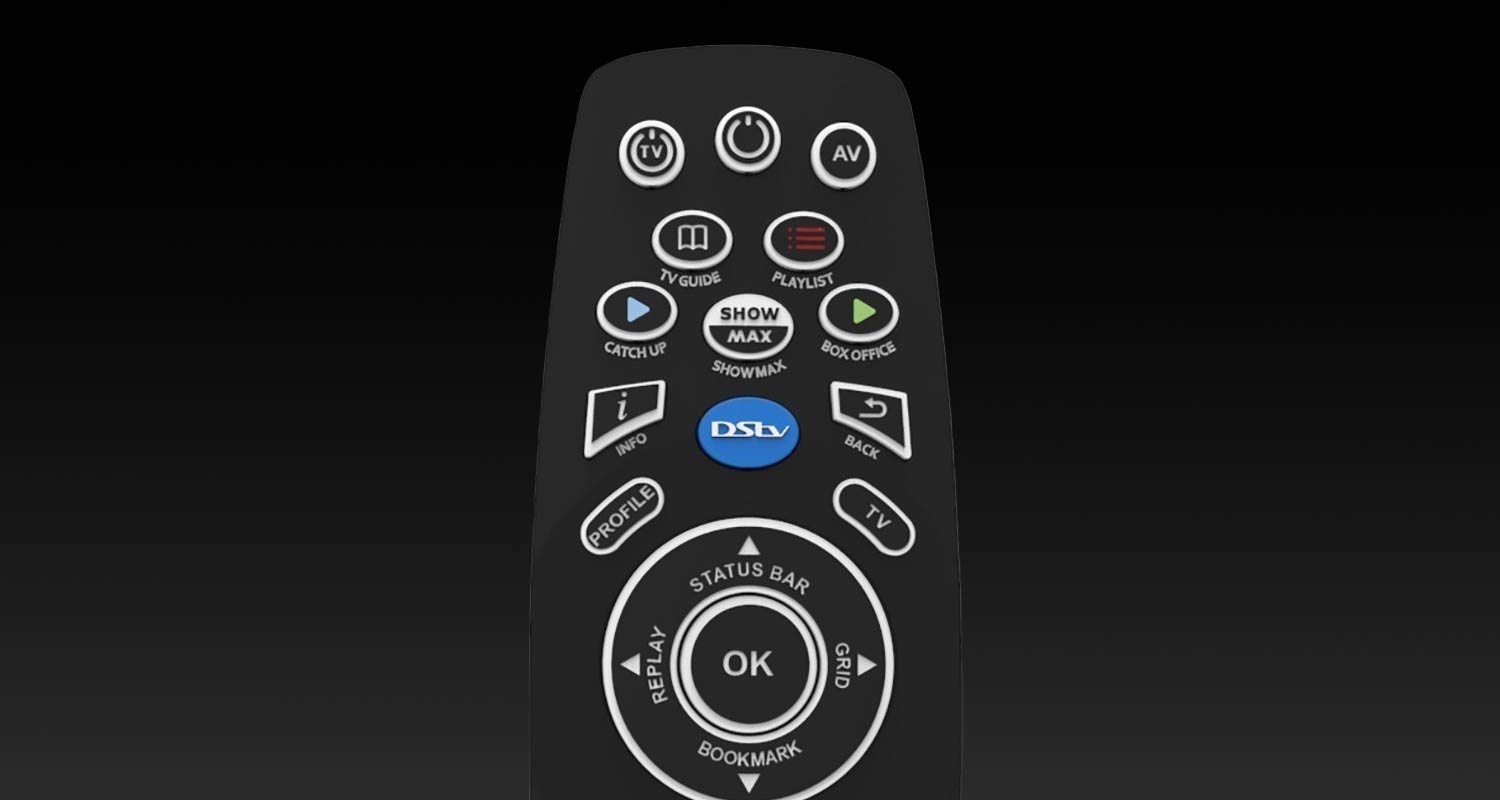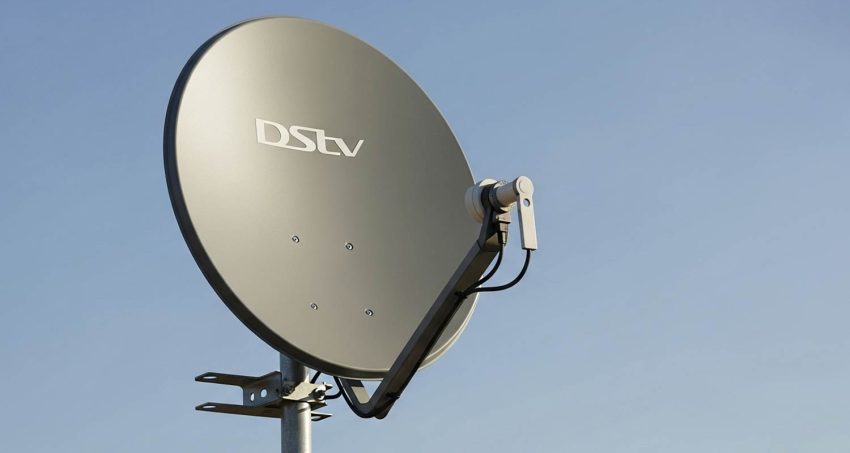 MultiChoice Group has told the Competition Tribunal that its takeover by French broadcasting giant Groupe Canal+ would give it the scale it needs to compete effectively against Netflix and other international streamers.
MultiChoice Group has told the Competition Tribunal that its takeover by French broadcasting giant Groupe Canal+ would give it the scale it needs to compete effectively against Netflix and other international streamers.
The proposed multibillion-rand deal, which is inching closer to a conclusion, overcame a big hurdle in May when the Competition Commission recommended it be allowed to proceed, with conditions.
The matter is now in the hands of the tribunal, which is conducting public hearings over two days this week – Thursday and Friday – where presentations by the commission, the department of trade, industry & competition, Media Monitoring Africa and several industry players will be heard before a decision is made about whether to allow it to proceed.
At the public hearings on Thursday, Steven Budlender, group general council at MultiChoice, said Netflix and other international streaming giants use their immense scale to amortise costs more effectively, allowing for larger investments in content production, platform security and user experience.
“Scale is the way to survive, and we don’t currently have the scale we need to succeed in the new environment,” said Budlender. “They dwarf us in subscriber numbers… This directly affects … how much can be spent on things that benefit your subscribers – notably content and technology.”
Budlender cited MultiChoice’s 14.5 million subscribers across Africa and compared them to the 302 million, 236 million and 200 million that Netflix, Disney+ and Amazon Prime Video, respectively, have worldwide. He argued that the unit economics for MultiChoice and its international competitors are similar, but the global firms’ scale allows them to see a superior return on their investment.
Benefits of scale
For example, MultiChoice spends US$300 000 per episode on Queen Modjadji while Netflix spends $13-million per episode of The Crown on average, according to Budlender. If both shows produced a return of five US cents per subscriber, Netflix makes $15-million per episode of The Crown while MultiChoice makes $725 000 per episode of Queen Modjadji. However, increasing the amount spent per episode would not lead to higher returns for MultiChoice.
“In other words, because Netflix has 302 million subscribers, and we only have 15 million, Netflix can spend 23 times more than we do per episode. Alternatively, Netflix can make 23 series for every series we do. Their ability to spend on content and amortise their costs across their massive subscriber base dwarfs our capability,” said Budlender.
Read: MultiChoice is working on a wholesale overhaul of DStv
The benefits of scale also translate into pricing. Subscription charges can be lowered over a large customer base while still keeping revenues aloft. An additional benefit of lower pricing is that it makes it more affordable for users to access the platform, fuelling further growth.
Budlender cited affordability as a key challenge hampering the growth of MultiChoice in Africa. And macroeconomic factors such as persistently high inflation in many African markets and sharp currency devaluations, like in Nigeria, have placed households under severe pressure.
 Also, load shedding in markets such as South Africa and Zambia have eroded MultiChoice’s subscriber base while also gnawing away at its bottom line. In its annual report for the year to end-March 2025, MultiChoice disclosed that it lost 1.2 million customers in the period, on top of a 1.6 million loss in the previous financial year.
Also, load shedding in markets such as South Africa and Zambia have eroded MultiChoice’s subscriber base while also gnawing away at its bottom line. In its annual report for the year to end-March 2025, MultiChoice disclosed that it lost 1.2 million customers in the period, on top of a 1.6 million loss in the previous financial year.
Also at the tribunal hearings on Thursday, David Mignot, CEO of Groupe Canal+ Africa, said that although content production costs are an important factor, a growing technology “arms race” in the industry requires significant investment – something that will only be possible in a combined entity with the necessary scale.
“Technology is another, more hidden factor that is just as key [as content production]. If you take MultiChoice, they had to go to an American company, Comcast, to acquire the technological stack required to provide a new mode of consumption via OTT (over-the-top) services for Showmax,” said Mignot.
TechCentral reported last February that MultiChoice had spent R3.3-billion relaunching Showmax. MultiChoice holds a 70% stake in Showmax Africa Holdings, with Comcast – though its subsidiary, NBCUniversal – owning the remaining 30%. Showmax remains a loss maker for MultiChoice, with subscriber adoption not accelerating at the pace expected.
MultiChoice has said it is opening to selling more equity in Showmax to Comcast. But according to Mignot, a merged Canal+ and MultiChoice would have enough scale not to need to seek outside help when technological investments need to be made.
Read: DStv price adjustments announced for 2025
“We have a problem of scale when it comes to content production but another [problem] … is that we are unable to keep up in this race of technological investment on our own. The rationale … is to combine [MultiChoice] with Canal+ [and create] scale so we can keep up,” said Mignot. – © 2025 NewsCentral Media
Get breaking news from TechCentral on WhatsApp. Sign up here.

